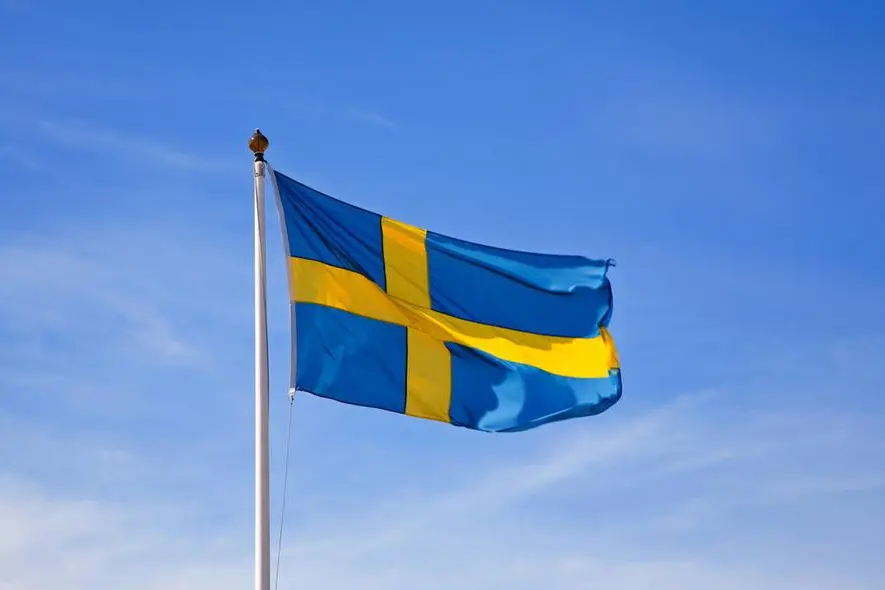PHOTO
It is a concern that some countries focus more on domestic market protection than free international trade, Johan Forssell, Swedish Minister for International Development Cooperation and Foreign Trade, told the Emirates News Agency (WAM).
Forssell, heading the Swedish delegation to the World Trade Organisation’s (WTO) 13th Ministerial Conference (MC13) in Abu Dhabi, stressed Sweden’s commitment to the rules-based international trade system. “But in today's world, we also see more geopolitical tendencies and also tendencies having less of free trade and more into state subsidies.”
This is a challenging development, especially for medium size nations believing in innovation and trade, the minister observed.
Competitiveness vs subsidies
“We believe it is more important to boost competitiveness and making sure that it is the nation providing the best products and services that will be the winner rather than the nation providing the largest subsidies.”
From an economic point of view, he added, it is well known that subsidies do not create the desired economic development.
“We therefore hope that MC13 will be the start of a discussion in the WTO on trade and industrial policies.”
Talking about Sweden’s priorities at the Conference, the minister outlined the reinstatement of a fully functional dispute settlement system, conclusion of the fisheries subsidy negotiation and an extension of the moratorium on customs duties for electronic transmissions.
UAE in MC13
MC13 is a very well-organised meeting, and everyone has high expectations, which will be realised, he noted.
“We welcome the UAE’s chairmanship of this important event.”
There are many important questions that need to be solved, and it is not easy, the minister noted.
However, so many nations gathering here and spending some days together are promising. “So, I hope that all the high expectations on the decisions will be reached.”
Sweden and the UAE have strong bilateral relations, Forssell emphasised. “We are in a constant dialogue on areas of cooperation, including in the economic ties and climate issues,” he added.





















